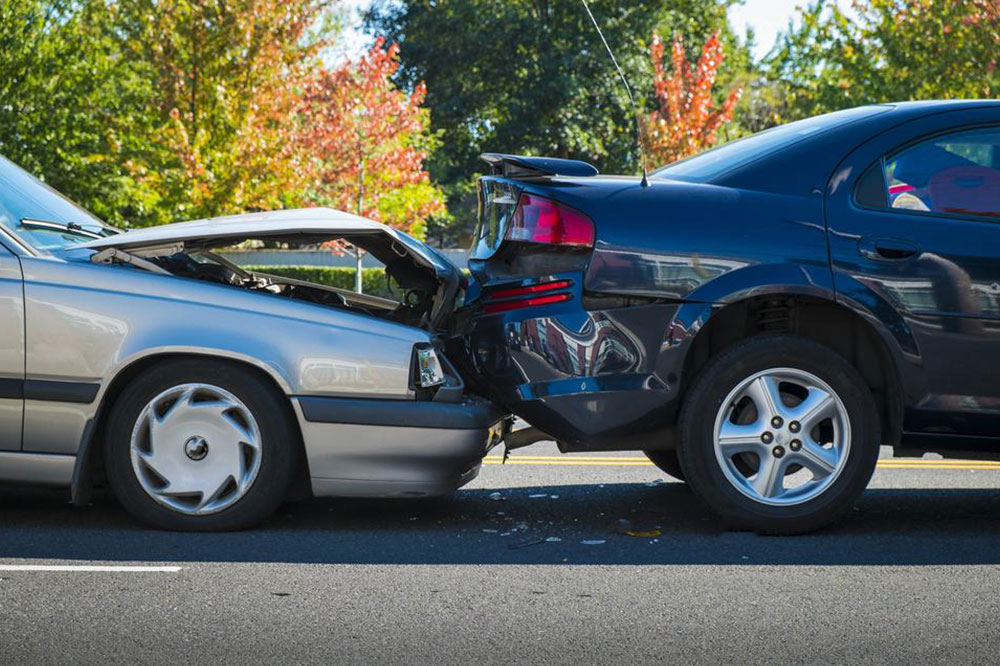
6 Must-Know Car Insurance Terms
When it comes to any kind of insurance, knowledge is power. You must always know what the insurance company is liable to pay to you, and what are the damages for which you cannot demand any payout. In order to make sure you get the coverage you need, here are some must-know car insurance terms.
Uninsured motor coverage
There might be times where you’re hit by a driver who does not have the requisite insurance. Either he/she could have no insurance or insufficient insurance to cover for your expenses. In that case, the expenses of the bodily injuries of the uninsured or the underinsured motorist as well as the passengers are taken care of by the uninsured or underinsured motorist bodily injury, respectively. The property damage or the expenses for repair of the car of the uninsured or the underinsured is taken care of by Uninsured Motorist Property Damage.
SR-22 insurance form
This is the official document that proves that you have car insurance up to a sufficient value. The form is filled by the insurance company and it will help you in reinstating your driving privileges in case you’re involved in a serious offense of you’ve indulged in multiple offenses. An example of such offenses is driving with a valid driver’s license.
Comprehensive coverage
This covers damage or loss of car due to any reason other than collision with another car. This might include car theft, or the car being hit by an animal while driving through a highway close to a national park. This also includes loss due to all sorts of natural damages like hurricane and floods.
Collision coverage
This kind of coverage pays for the damage to a car if you’re involved in an accident. This could be a one-car accident or a multiple-vehicle collision. For example, if your car runs into a tree, it is covered in collision coverage. This is usually mandatory when you’re buying a new car and applying for an auto loan.
Full coverage
Full coverage is slightly misleading as there is no type of insurance that will completely cover any damage to the car and passengers without any exception. However, full coverage implies that there’s more coverage than just liability coverage. This could be a whole coverage including collision and comprehensive coverage, roadside assistance, and uninsured and underinsured motorist coverage, and rental car reimbursement.
Deductible
This is an essential must-know car insurance term. It is the amount that has to paid before the insurance can come into play. The deductible has to be low, which means that the monthly payments for the car insurance will be higher. However, at times of need, the insurance should cover most of the expenses and deductibles should be the least. Insurance is for the sole purpose of not having to shell out money when such incidents happen, and that should be the ideal case.
These must-know terms will help you make the most of car insurance.


